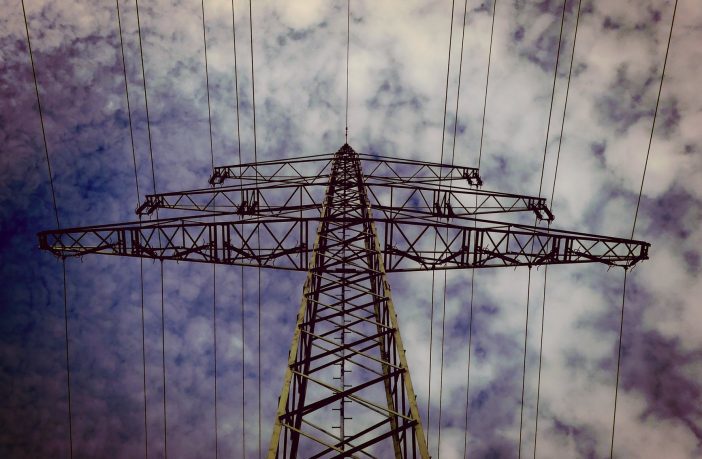- More than five years after privatisation, the Nigeria power sector has been facing major setbacks as liquidity, manpower and other challenges have continued to haunt the sector.
- Power distribution companies (Discos) have been unable to meet their performance agreement and this has led Nigerian Electricity Regulatory Commission (NERC) to request all Discos to come up with their five-year Performance Improvement Plans (PIP) for the period of 2020 – 2024.
Port Harcourt Electricity Distribution Plc (PHED), one of the eleven Discos has submitted its plan to the regulator. In developing this plan, PHED’s performance in the last five years of operations was reviewed and all the constraints that led to non-performance were identified and evaluated.
The Disco states in the document that it has embarked on “key objectives of efficiently managing the operations, metering all customers, rehabilitating and modernising the existing distribution system, expanding the electrical network to provide reliable power to new customers, achieving the key performance targets, achieving commercial viability for the company and improving service delivery to the customers.”
The plan also envisages doubling the customer base leading to installation of more than 800,000 electricity meters through Meter Asset Provider (MAP).
PHED’s five-year performance plan states: “Being mindful of the existing state of 33kV and 11kV network that is hampering smooth flow of energy, PHED has decided to spend 67% of its network and systems capex on 33kV network projects (20.8%), 33/11kV injection substations (19.5%) and 11kV network projects (6.2%) besides investing 32.3% in 33/11/0.415 distribution transformers, 3.4 B (5.5%) on AB cabling of LT network. Also on IT intervention 9.8 B for SCADA and other automation implementation is provisioned.”
The success of this plan, however, hinges on a tariff that is reflective of both capital expenditure and operating costs.
According to the PIP, “with this capex and the implementation plan monitoring, PHED aims to reduce its ATC&C losses from 61.3% in the year 2019 to 21% in the year 2024.”
“It is PHED’s expectation that at the end of the PIP review, PHED will get a tariff structure that will support this performance based programme to bring about its transformation and turnaround,” stated the document detailing the strategy.
Click here to download the plan
Author: Babalwa Bungane
This article was originally published on ESI Africa and is republished with permission with minor editorial changes.
Future Energy Nigeria takes place on 12 – 13 November 2019 at the Eko Hotel & Suites, Lagos, Nigeria. The conference and exhibition offers visitors the opportunity to connect with over 2,000 industry professionals, source new suppliers, gain exclusive industry insights and more!
Do not miss it. Book your spot early. You can attend the expo for free!
Disco’s will be a hot topic at












